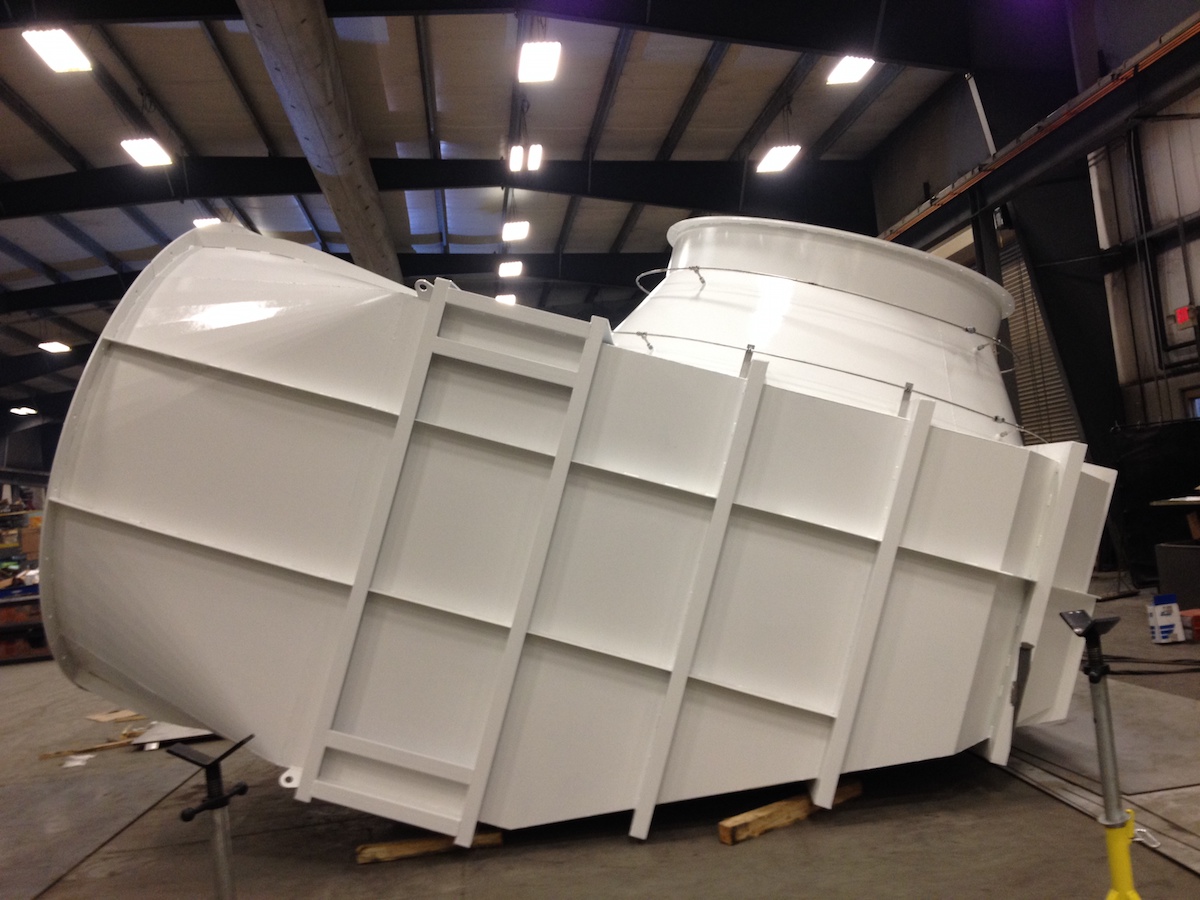Technology has an impact on most industries — PTL is no different
PTL utilizes the latest technology in metal fabrication on all of our projects, an example being our CNC plasma cutter, for high-speed precision cutting; however, we also know that our projects would not be made possible without the work of our craftsmen. Although technology advancements in the metal fabrication field are necessary to build safely and accurately, PTL focuses on craftsmanship and quality.
PTL Fabricators set themselves apart from the competition
Any metal fabrication company can do what we do, but what sets PTL apart from the competition is our concentration to detail. We don’t just fabricate metal and parts, we fabricate real results that our customers can be sure of. That’s why they come back to use us, time and time again.
PTL believes that the technology we utilize, along with our craftsmanship and quality, is part of what makes us competitive in our market. We are a trusted source in the Middle Tennessee area for businesses of all sizes.
As technology seemingly takes over the role of true craftsmen, with mass production of products becoming integral in most manufacturing industries, PTL stands firm in the belief that you need the best of both worlds to succeed. One can not stand alone and complete the job to a satisfactory level. The media has integrated into us that trade jobs are a thing of the past, but here at PTL, we employee dozens of qualified workers including:
- Welders
- Iron Workers
- Pipe Fitters
- Certified Crane Operators
- Millwrights
If you are like us and believe in the value of hard work over the convenience of assembly lines operated by technology, contact us today and let’s get started on your next project! No job is too big or too small for our team here at PTL!
Source: AllMetalsFab.com
